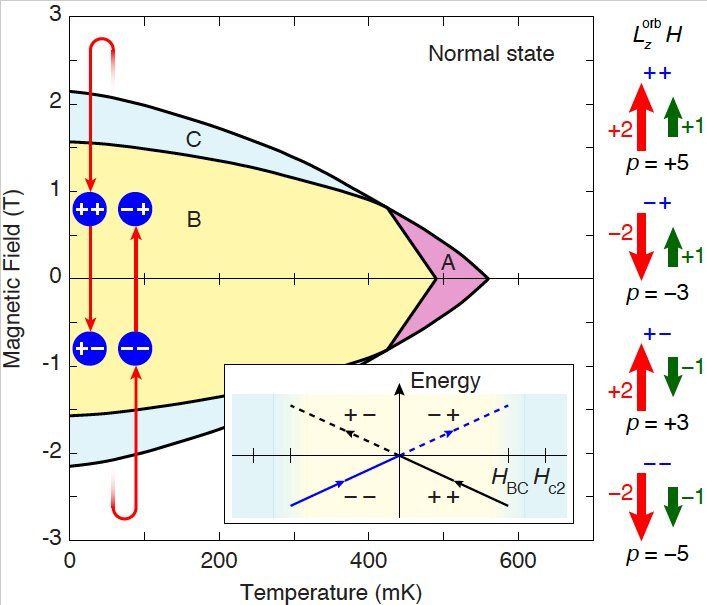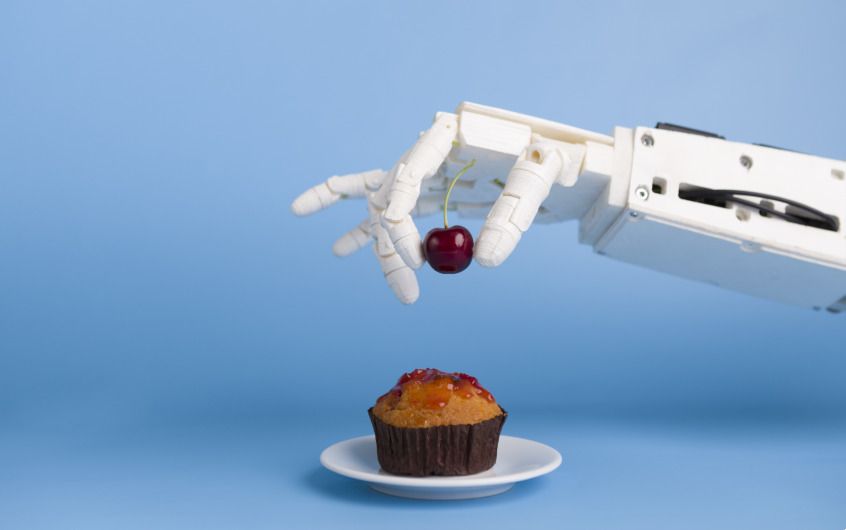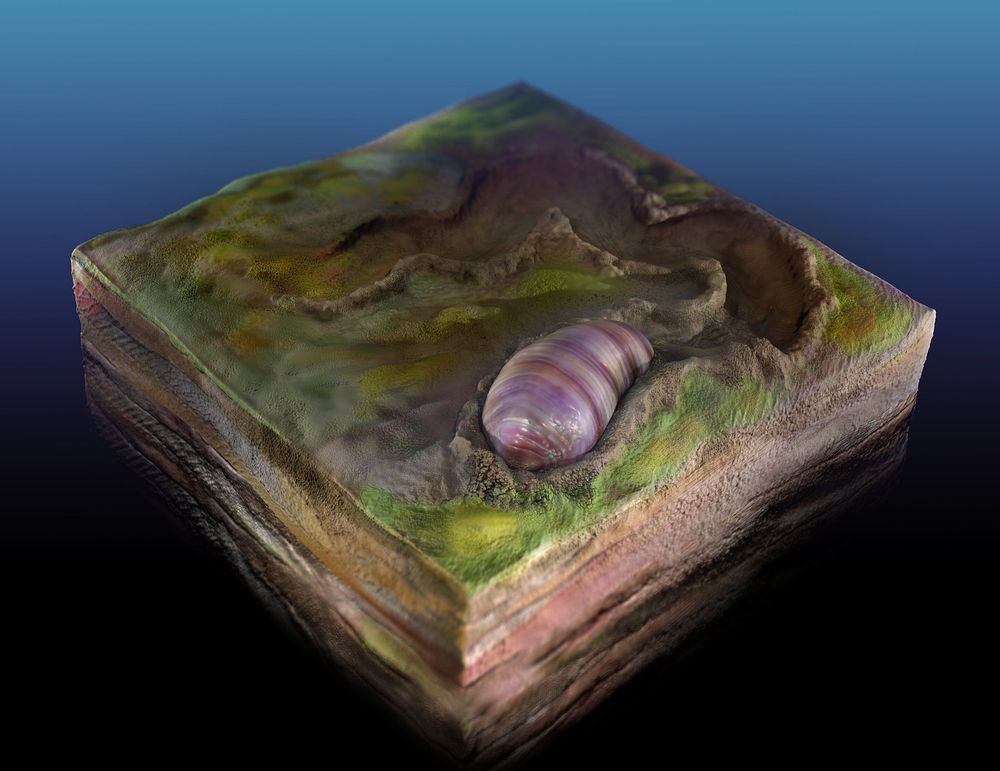Get the latest international news and world events from around the world.
From Sand to Silicon: The Making of a Microchip | Intel
Ever wonder what’s under the hood of your favorite electronic device? The transistor is the engine that powers every Intel processor. To build a modern computer chip, our engineers place billions of these tiny switches into an area no larger than a fingernail. It’s one of mankind’s most complex feats, and it’s happening every day across Intel’s global network of chip manufacturing facilities. Check out this video to learn more about how we turn sand into the silicon chips that power the world.
Subscribe now to Intel on YouTube: http://bit.ly/1BZDtpf
About Intel:
Intel, the world leader in silicon innovation, develops technologies, products and initiatives to continually advance how people work and live. Founded in 1968 to build semiconductor memory products, Intel introduced the world’s first microprocessor in 1971. This decade, our mission is to create and extend computing technology to connect and enrich the lives of every person on earth.
Connect with Intel:
Visit Intel WEBSITE: http://intel.ly/1WXmVMe
Like Intel on FACEBOOK: http://intel.ly/1wrbYGi
Follow Intel on TWITTER: http://intel.ly/1wrbXC8
Follow Intel on INSTAGRAM: http://bit.ly/1OJuPTg
From Sand to Silicon: The Making of a Microchip | Intel
https://www.youtube.com/user/channelintel
MIT Ventilator Designed With Common Manual Resuscitator; Submitted For FDA Testing
MIT’s Open Source ventilator design submitted for fast-track FDA approval. #COVID19
In many parts of the world the COVID-19 pandemic is causing shortages in hospital space, staff, medical supplies, and equipment. Severe cases may require breathing support, but there are only so many ventilators available. With that in mind, MIT is working on FDA approval of an emergency ventilator system (E-Vent). They have submitted the design to the FDA for fast track review. The project is open source, so once they have approval the team will release all the data needed to replicate it.
The design is actually made simple by using something that is very common: a manual resuscitator. You have doubtlessly seen these on your favorite medical show. It is the bag someone squeezes while the main character struggles valiantly to save their patient. Of course, having someone sit and squeeze the bag for days on end for thousands of people isn’t very practical and that’s where they’ve included an Arduino-controlled motor to automate the process.

Evidence for broken time-reversal symmetry in a topological superconductor
O,.,o woah.
Chiral superconductors are unconventional superconducting materials with distinctive topological properties, in which time-reversal symmetry is broken. Two of the first materials to be identified as chiral superconductors are UPt3 and Sr2RuO4. So far, experimental evidence for broken time-reversal symmetry in both these materials was based primarily on surface measurements collected at a magnetic field equal to zero.
Researchers at the University of Notre Dame and Northwestern University, however, recently set out to gather new evidence for the chiral superconductivity of the material UPt3, moving beyond surface measurements at conditions with a zero magnetic field. Their paper, published in Nature Physics, contains the results of truly bulk measurements of UPt3 with an applied magnetic field, which provide direct evidence of broken time-reversal symmetry in the material.
“The measurements we collected are the conclusion of a decade long-term collaboration between William Halperin at Northwestern University and myself, driven by previous (William Gannon) and current (Keenan Avers) graduate students,” Morten Eskildsen, one of the researchers who carried out the study, told Nature Physics. “They are especially timely given that recent thermal conductivity and 17O Knight shift measurements call into question the earlier determination of odd parity pairing in Sr2RuO4.”

Coronavirus may mean automation is coming sooner than we thought
This movement towards a more automated society has some positives: it will help us stay healthy during times like the present, it will drive down the cost of goods and services, and it will grow our GDP in the long run. But by leaning into automation, will we be enabling a future that keeps us more physically, psychologically, and emotionally distant from each other?
We’re in a crisis, and desperate times call for desperate measures. We’re sheltering in place, practicing social distancing, and trying not to touch each other. And for most of us, this is really unpleasant and difficult. We can’t wait for it to be over.
For better or worse, this pandemic will likely make us pick up the pace on our path to automation, across many sectors and processes. The solutions people implement during this crisis won’t disappear when things go back to normal (and, depending who you talk to, they may never really do so).



Ancestor of all animals identified in Australian fossils
A team led by UC Riverside geologists has discovered the first ancestor on the family tree that contains most familiar animals today, including humans.
The tiny, wormlike creature, named Ikaria wariootia, is the earliest bilaterian, or organism with a front and back, two symmetrical sides, and openings at either end connected by a gut. The paper is published today in Proceedings of the National Academy of Sciences.
The earliest multicellular organisms, such as sponges and algal mats, had variable shapes. Collectively known as the Ediacaran Biota, this group contains the oldest fossils of complex, multicellular organisms. However, most of these are not directly related to animals around today, including lily pad-shaped creatures known as Dickinsonia that lack basic features of most animals, such as a mouth or gut.

China’s supersonic submarine, which could go from Shanghai to San Francisco in 100 minutes, creeps ever closer to reality
O.,o circa 2014.
Researchers in China are reporting that they’ve taken a big step towards creating a supersonic submarine. This technology, which could just as easily be applied to weaponized torpedoes as military or civilian submarines, could theoretically get from Shanghai to San Francisco — about 6,000 miles — in just 100 minutes. If all this doesn’t sound crazy enough, get this: This new advance by the Chinese is based on supercavitation, which was originally developed by the Soviets in the ’60s, during the Cold War.
As you may already know, it’s a lot harder for an object to move quickly through water than air. This is mostly due to increased drag. Without getting into the complexities of fluid dynamics, water is simply much thicker and more viscous than air — and as a result it requires a lot more energy for an object to push through it. You can experience the increased drag of water yourself next time you’re in a swimming pool: Raise your hand above your head, and then let it fall towards the water. (Or alternatively, if there are people sunbathing nearby, do a belly flop.)
Anyway, much like a small-engined car is ultimately limited by its ability to cut through wind resistance (drag), a submarine or torpedo needs insane amounts of power to achieve high velocity through water. This is why, even in 2014, most submarines and torpedoes can’t go much faster than 40 knots (~46 mph). Higher speeds are possible, but it requires so much power that it’s not really feasible (torpedoes only have so much fuel).

Biologist discovers world’s highest-elevation mammal
They had climbed for eight hours—Had it really been just eight? Nine, maybe? More?—after the avalanche risk of a snow-packed ravine on the main path had forced them onto a more circuitous, arduous route.
Up here, the summer weather of February felt uncomfortably similar to a Nebraska winter.
“Jay, hay un ratón!” (“Jay, there’s a mouse!”)